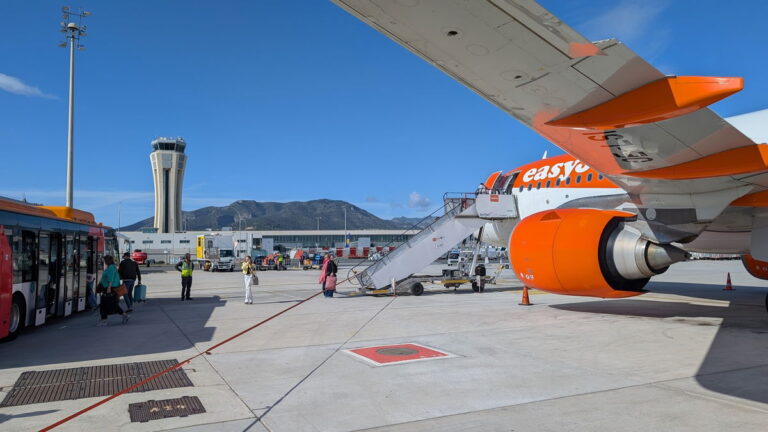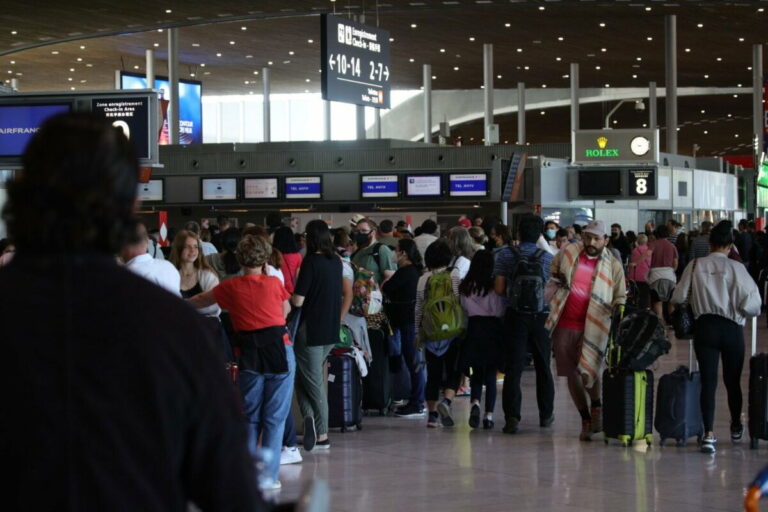
EU’s new rules make it easier to suspend visa-free travel for security or rights concerns—travellers could soon face more checks and changes.
Credit : asiandelight, Shutterstock
Tougher Rules Ahead: EU Agrees new grounds to suspend Visa-Free Travel
Heading to the EU for a quick city break or a business trip? Things might be about to get a bit trickier. The European Parliament and Council have struck a deal on new powers to suspend short-stay visa-free travel for countries that fall foul of EU standards.
The move means Europe will now have a far more flexible way to respond when partner countries breach their visa waiver agreements—particularly if there are security risks or human rights violations. The aim? To ensure that only countries respecting EU values and global standards enjoy the benefit of visa-free travel.
What Could Get a Country’s Visa-Free Status Suspended?
The list of reasons just got a whole lot longer. The EU will now be able to suspend visa-free travel for countries found to be:
- Violating the United Nations Charter,
- Guilty of severe breaches of international human rights or humanitarian law,
- Ignoring international court decisions.
And that’s just the start. Under the new rules, the EU can also act if countries engage in so-called hybrid threats—think of government-backed efforts to destabilise the EU by encouraging irregular migration, or offering “golden passports” (citizenship for cash) that could pose a security risk.
Other triggers? A partner country’s lack of alignment with EU visa policy—especially if it turns into a stepping stone for illegal entry into Europe—can also land it on the suspension list. Of course, old grounds like not cooperating with the EU on returning migrants who don’t have the right to stay are still in play.
Targeting Government officials: No more special treatment
One of the most striking changes is aimed at the people in charge. Under the new rules, government officials—yes, even those with diplomatic or service passports—can lose their visa-free access if their country breaks the rules. That means European authorities will be able to target decision-makers directly, sending a much stronger message to governments tempted to flout human rights or ignore EU values.
The agreed reforms also tighten the thresholds that can trigger a suspension. For example, a 30 per cent jump in overstayers or asylum claims from a particular country, or a 20 per cent “low recognition” rate for asylum seekers, could set the process in motion—though the EU can bend the rules in exceptional circumstances.
EU Visa-free travel: Why the rules are changing and what’s next
Slovenian MEP Matjaž Nemec, the Parliament’s lead negotiator, summed it up: “Visa policy can help uphold EU values by ensuring there are consequences when foreign governments breach human rights and international law.” In future, diplomats and officials from countries breaking these rules may well find themselves queuing for a visa, just like everyone else.
Before the new rules come into force, the agreement still needs the green light from the full Parliament and Council. But with 61 non-EU countries currently enjoying visa-free short stays in the Schengen area, these changes could have a real impact on millions of travellers—and a clear message for governments everywhere: uphold the rules, or risk losing your perks.
Stay tuned with Euro Weekly News for more news about Travel







